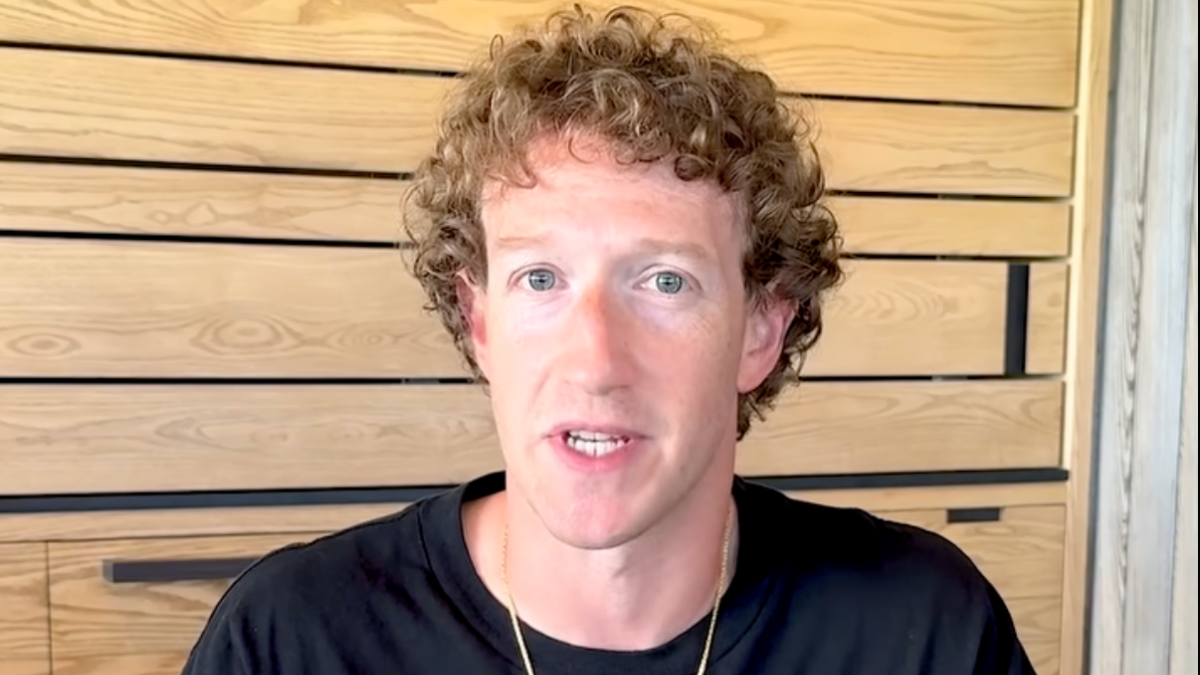Meta’s latest decision to cut 5% of its global workforce—around 3,600 jobs—has sent shockwaves through the tech world. It’s part of CEO Mark Zuckerberg’s push to sharpen the company’s focus for what he’s calling an “intense year.” But what does all this mean for Australia’s marketers and advertisers? Let’s break it down.
What’s behind the cuts?
In a memo to staff, Zuckerberg made it clear he’s raising the bar. Underperformers are being moved on faster than usual, with plans to refill those positions later this year. This shift, according to Zuckerberg, is about ensuring Meta has what he describes as “the strongest talent” to focus on priorities like artificial intelligence, smart glasses, and the future of social media. But this isn’t just about talent; it’s part of a broader overhaul that’s seen Meta scale back its diversity programs, scrap third-party fact-checkers, and soften its rules around hateful conduct. While these moves are being framed as efficiency measures, they’ve sparked concern about what they might mean for content safety and inclusivity. Mediaweek has reached out to Meta for comment on how these changes could impact Australian operations.
Risks for Aussie marketers
For Australian marketers, Meta’s platforms—Facebook, Instagram, and WhatsApp—are integral to campaigns of all shapes and sizes. From local cafes promoting daily specials to large-scale global launches, these platforms play a massive role in how businesses connect with their audiences. That’s why these changes are worth paying attention to. Scrapping third-party fact-checkers raises questions about how misinformation might spread unchecked, creating risks for brands whose ads could appear alongside misleading or harmful content. It’s a scenario no marketer wants to deal with, especially in an environment where trust and credibility are so crucial.
Finding opportunities in Meta’s overhaul
That said, there are opportunities too. Meta’s focus on AI and innovation could mean new tools for advertisers to reach audiences more effectively. AI-driven campaign creation and analytics might take some of the guesswork out of digital marketing, helping brands refine their strategies and deliver more personalised experiences. But with such rapid shifts, businesses will need to stay agile to make the most of these tools while avoiding potential pitfalls.
Zuckerberg has positioned these changes as part of Meta’s “year of efficiency,” which now seems to be rolling over into 2025. While the rhetoric focuses on streamlining and innovation, the reality is that Australian marketers need to be ready for a period of uncertainty.
